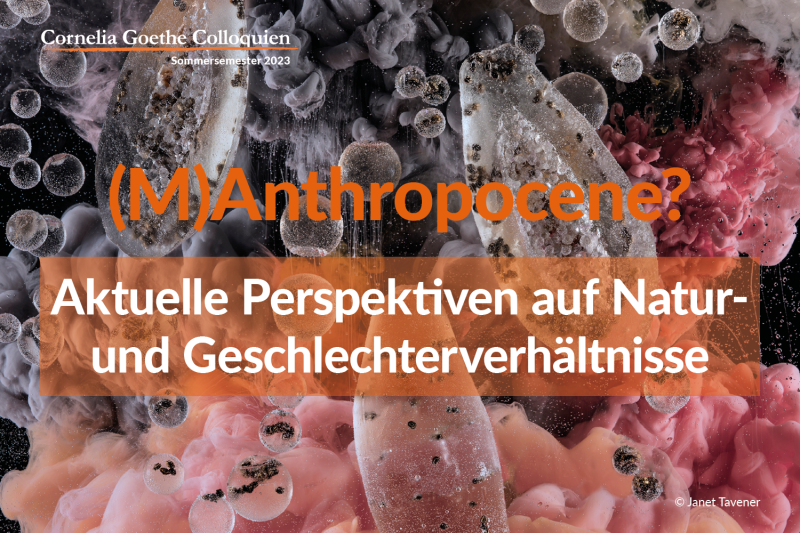In her prologue to their dialogical text Through Vegetal Being (2016), Luce Irigaray writes to Michael Marder that “coexistence with vegetal being – I could almost say: this vegetal existence – keeps me alive and secretly goes with my words” (7). Marder responds with a similar sentiment: “at times forgetting myself, I would be able to find the other and, thanks to this discovery, cultivate a richer relation to the vegetal world” (114). In the burgeoning field of critical plant studies, the idea of intimate encounters with vegetality – in plants, and ultimately in ourselves – is a key theme, not least because it suggests the possibility of a more expansive and relational practice of being human with which to counteract some of the depredations of the (M)Anthropocene.
The idea of vegetal encounter as a challenge to Man is not, however, a new one. In addition to stories from many world traditions involving the metamorphosis of people, especially women, into plants (and sometimes back again), plants also emerge, especially in 19th century gothic and science fiction literatures, as monstrous creatures who bring a decidedly transgressive embodiment into plant-human relations. As scholars of “plant horror” have pointed out, these monstrous plants, in their uncanny combination of animacy and alterity, also challenge – and not in an intentionally positive way – ideas of human supremacy and mastery.
Bea’s Garden is a small, experimental research-creation project that takes some of these older vegetal literary resources and turns them to the task of restorying the (M)Anthropocene. Specifically, it takes up Nathaniel Hawthorne’s gothic fiction Rappaccini’s Daughter (1844). In this presentation, I will investigate the allegorical conversation about plants, gardens, scientific experimentation, colonial botany, gender, sex, and futurity going on in the text itself, and will then proceed to a reading and discussion of my short story, Bea’s Garden, which rewrites Hawthorne’s story as a queer, feminist speculation.

Foto: tba
... is a professor of environmental humanities in the Faculty of Environmental and Urban Change at York University (Toronto). Her areas of research include queer and feminist posthumanities, critical plant studies, Canadian environmental literatures/ ecocriticism, biocultural histories and politics, and public environmental engagement through literature and storytelling. Recent publications of her sole-authored and collaboratively edited publications in these fields include Queer Ecologies: Sex, Nature, Politics, Desire (2010) and Rising Tides: Catriona Sandilands Reflections for Climate Changing Times (2019). Cate is currently working on a book, Plantasmagoria, which seeks to develop an embodied, feminist, relational, plant-centric response to current conditions of climate change, neoliberal capitalism, and the escalating profitization of life. She is also a writer of fiction, pursuing the short story as a genre of public humanities scholarship.
Interessierte* sind herzlich eingeladen!
Registrierungslink: https://uni-frankfurt.zoom.us/meeting/register/u5Eod-CpqT4pGdFqupKkx0-r2...

